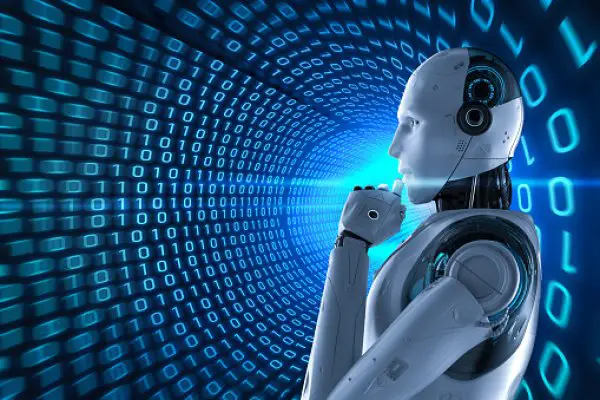The development of AI systems more powerful than the current ChatGPT-4 should be put on hold for six months. This is stated in an open letter from the non-profit institute Future of Life, signed by UvA scientists alongside big names such as Elon Musk, including researcher Media Studies Amir Vudka.
I decided to sign the letter because it was important to consider the potential risks posed by AI, even though I do not think it will affect large companies due to their financial holdings. Nonetheless, raising awareness of the need for caution is vital.
Elon Musk’s involvement in the ChatGPT-4 AI system training demonstrates his expertise. Moreover, others have joined him in raising concerns about it. Nonetheless, his financial interest should also be taken into account.
Understanding The Risks And Rewards: What Is At Stake?
A team of AI researchers revealed that their trained ChatGPT-4 shows signs of artificial general intelligence (AGI), a revolutionary step towards development. If left unchecked, this form of AI – capable of learning independently without explicit commands – could present a grave existential threat to humanity.
GTP-5 has the potential to revolutionize AI development, as it already displays autonomy previously thought unlikely to emerge until at least 20 years from now. If so, this could have far-reaching implications for society, given that uncontrolled artificial intelligence could lead to serious disruption.
Experts anticipate that AI systems will replace 25 percent of all jobs in approximately five years. However, they go further, postulating that this figure will rise to 70 percent in the next ten.
6-Month Pause – What Can You Accomplish?
We must all come together- universities, funding, companies, and government included- to ensure that AI works for us and not against us; we should consider the implications of introducing this revolutionary technology into society. This is by far the most important objective.
Is UvA Still An Active And Vibrant Learning Environment?
At the UvA, many discuss how ChatGPT may or may not affect education – especially in light of its inability to detect plagiarism in assignments and exams. Colleagues researching artificial intelligence have varied opinions; while some foresee potential issues, most don’t feel it is cause for alarm.
Using the given keywords, associate professor of theoretical physics Christoph Weniger, professor emeritus of Science & Technology Studies Stuart S. Blume, and physicist Jan Pieter van der Schaar signed an open letter introduced by the University of Amsterdam (UvA).
To mitigate these risks, it is important to implement robust security measures, evaluate the potential impact of unintended consequences, and take steps to protect your intellectual property. It is also important to ensure that the AI algorithms are fair and unbiased and seek expert guidance and support when necessary.
While open-source AI has benefits, it is important to carefully evaluate the potential risks before embarking on any project. Being proactive and vigilant can help ensure your AI projects are safe, secure, and effective.
Source: folia.nl



